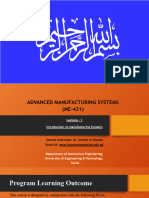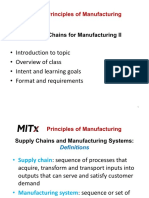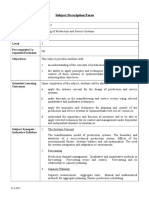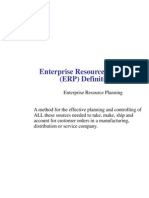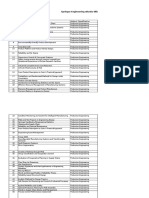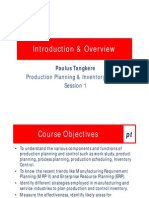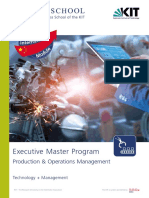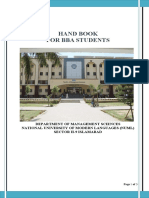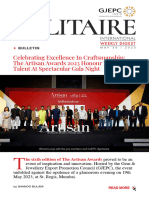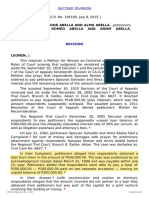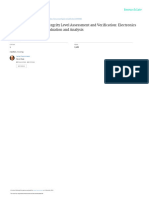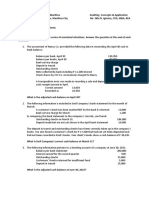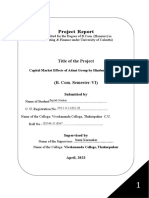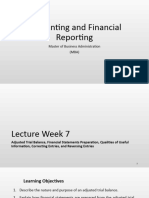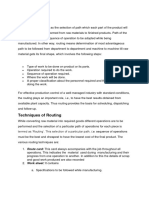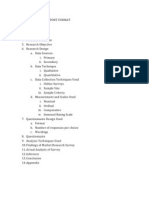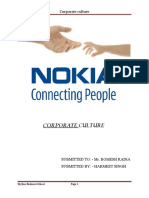0% found this document useful (0 votes)
11 views2 pagesEnd426 Course Syllabus
The course END 426 focuses on Enterprise Resources Planning (ERP) and encompasses topics such as production planning, capacity management, and logistics. It includes practical applications using contemporary ERP software and aims to equip students with the ability to implement integrated enterprise structures. The course is a selected elective worth 3 credits and requires prerequisite knowledge from END 421 Production Planning & Control.
Uploaded by
Lola LaylanCopyright
© © All Rights Reserved
We take content rights seriously. If you suspect this is your content, claim it here.
Available Formats
Download as PDF, TXT or read online on Scribd
0% found this document useful (0 votes)
11 views2 pagesEnd426 Course Syllabus
The course END 426 focuses on Enterprise Resources Planning (ERP) and encompasses topics such as production planning, capacity management, and logistics. It includes practical applications using contemporary ERP software and aims to equip students with the ability to implement integrated enterprise structures. The course is a selected elective worth 3 credits and requires prerequisite knowledge from END 421 Production Planning & Control.
Uploaded by
Lola LaylanCopyright
© © All Rights Reserved
We take content rights seriously. If you suspect this is your content, claim it here.
Available Formats
Download as PDF, TXT or read online on Scribd
/ 2



























